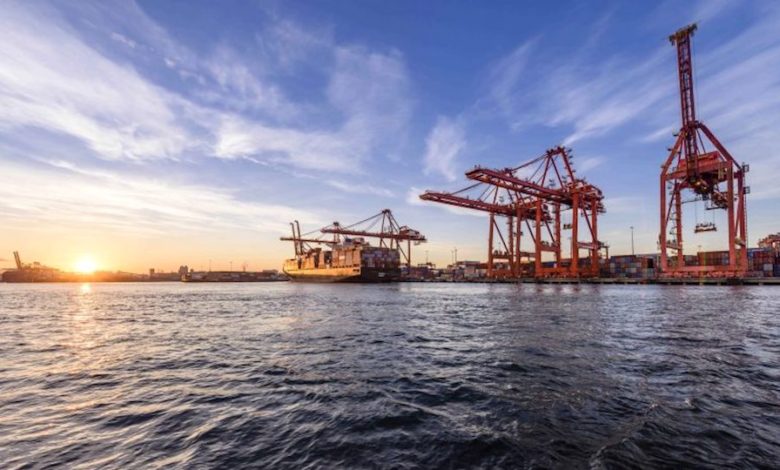Scientists urge government to reject proposed terminal expansion at Port of Vancouver

A group of Canadian and international scientists has written to Canada’s Minister of Environment and Climate Change Canada, Steven Guilbeault, urging him to reject the proposed Roberts Bank Terminal 2 expansion at the Port of Vancouver. “If the recovery of Canada’s endangered and iconic wildlife is a priority for the government of Canada, as stated,” they say, “then it must reject the proposed Terminal 2 project.”
The letter says: “There is substantial evidence demonstrating that significant adverse effects from Roberts Bank Terminal 2 are anticipated on Fraser Chinook salmon and Southern Resident killer whales. The [Impact Assessment Agency federal review] panel has made it clear that approving Terminal 2 will adversely impact these important at-risk species. There is also a lack of evidence demonstrating that habitat offsetting can successfully mitigate the adverse effects.”
According to the Port of Vancouver website, the Roberts Bank Terminal 2 Project has been undergoing a federal environmental review since 2013.
The review phase of the environmental assessment concluded in August 2019. The independent review panel submitted its report to the minister of environment and climate change in March 2020.
In August 2020, the government requested further information, which the port submitted in December 2021, after which the Impact Assessment Agency of Canada launched a public comment period to seek feedback from the public, Indigenous groups, regulators and other stakeholders.
If Guilbeault determines that the ministry now has the information necessary to make a decision on the project, it will have about three months to do so. If approved, the project would be subject to regulatory approvals and permits, and a final investment decision. Construction would take approximately six years.
“Rejection of the project and protection of the Fraser Estuary as critical habitat for at-risk species would demonstrate the Federal government’s stated commitment to its biodiversity targets,” note the scientists in their letter. “This includes adhering to its 2011 commitment to manage its lands and waters to support biodiversity and conservation outcomes at local, regional and national scales, and reduce direct and indirect pressures and cumulative effects on biodiversity by 2020. It would also demonstrate federal commitment to the letter and intent of legislation like Canada’s Species at Risk Act and directive policies like Canada’s Wild Salmon Policy. Investments in conservation and biodiversity have also been shown to be investments in the prosperity of current and future generations.”
Further criticism of the project from the scientific community came from scientists at Environment and Climate Change Canada. According to a February 1 article in The Toronto Star, a report by the scientists “that warned of disastrous environmental impacts” was withheld from the environmental assessment.
The Environment Canada scientists said: “Project-induced changes to Roberts Bank constitute an unmitigable species-level risk to western sandpipers, and shorebirds more generally.”
